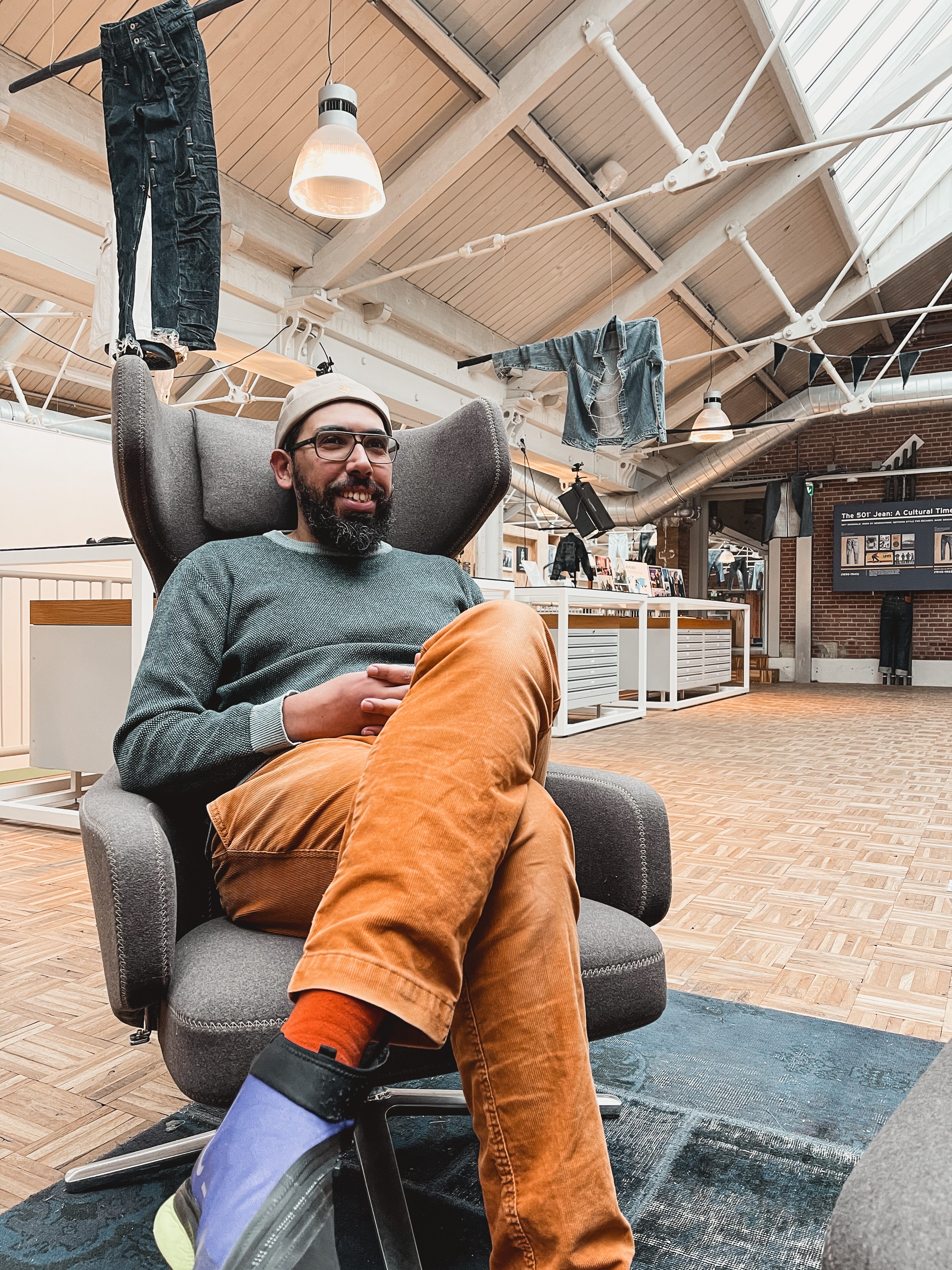Taking care of the earth
In Islam, man has been put on earth as a Khalifah. The word Khalifah is sometimes translated as vicegerent or steward. Both these words suggest a dominant rulership. A better word to translate Khalifah would be caretaker. Such a translation would suggest that humankind has the duty put upon them to take care of God's creation. This is important because in the Quran God reminds people to look at creation and see his signs. Mountains, rain, greenery, animals, stars and planets, all are mentioned as being signs of His existence. God uses specifically the term ayat to refer to his signs, the same term that is used for verses in the Quran. For me, this alludes to a sacredness of earth and creation. Just as a Muslim does not want to desecrate the Quran, they should also not desecrate creation.
Caretaking also means tending to the needs of something. It does not mean establishing dominion over it. It means seeking a delicate balance of mutual benefit, emulating the ecosystems God has created, where different species operate together but each with their own role to keep the system healthy as a whole.
Numerous hadith denote the sacredness of nature and the special care this status denotes. From rulings forbidding the destruction of trees and crops in wars, to the establishment of special zones (Haram and Hima) in which resources were to be left untouched. The Prophet Muhammad (PBUH) established a Haram and a Hima around Medina where hunting was forbidden within a 6.5 km radius and the destruction of trees or plants forbidden within a 19 km radius. As well as conserving nature, Himas also protected the agricultural community from overexploitation by nomadic herders and allowed regeneration to occur to encourage resilience and sustainability.
The example of the Haram and Hima, shows that a careful and measured use of resources is inherent to Islam. Whether it is the use of water, to the cultivation and use of materials. The earth and all that it harbors should not be exploited, be it animal, mineral, plant or human. This also sets the tone for how we as humans, produce and use products.
Yassine Salihine is an Industrial designer & COS Global Head of Sustainability at Mastoor.
€5,00


